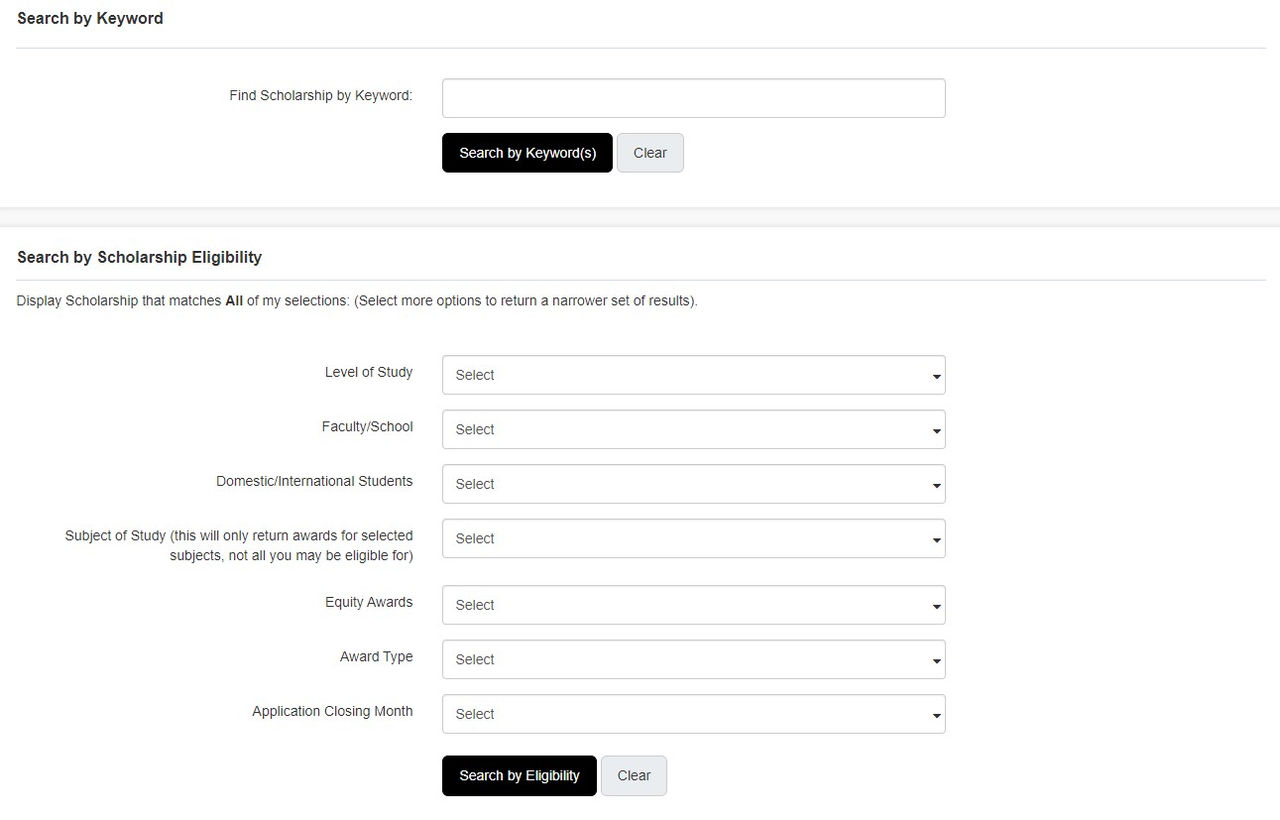Most UC scholarships require that you have admission into the University. Before you can apply for any scholarship, you need to complete the first stages of your enrolment to the University. To start the enrolment process, please click here.
Before applying, you will need to check to make sure that you meet any eligibility restrictions. There are many scholarships that are designed especially for students who:
- Are a specific gender, age, or ethnicity
- Belong to a particular indigenous, location specific or other special group
- Have achieved academic or sporting excellence
- Intend to study in a certain field or at a certain level
It is very important to read through scholarship regulations carefully to make sure you meet the criteria. Each scholarship has regulations that outline the rules relating to eligibility and tenability and also outlines the finer details of the scholarship such as the value, number of awards available and application dates.
To prepare well, make a list of all the scholarships you think you are eligible to apply for and get as much information about the scholarships as possible by reading the regulations.
If the scholarship entails a particular project, find out the full objectives and intended methodology of the project.
If the scholarship is being funded by a private enterprise, find out as much information as you can about the company, such as its philosophy and goals.
International students may apply unless the regulations specifically restrict the scholarship to NZ citizens or holders of NZ residence class visas.



